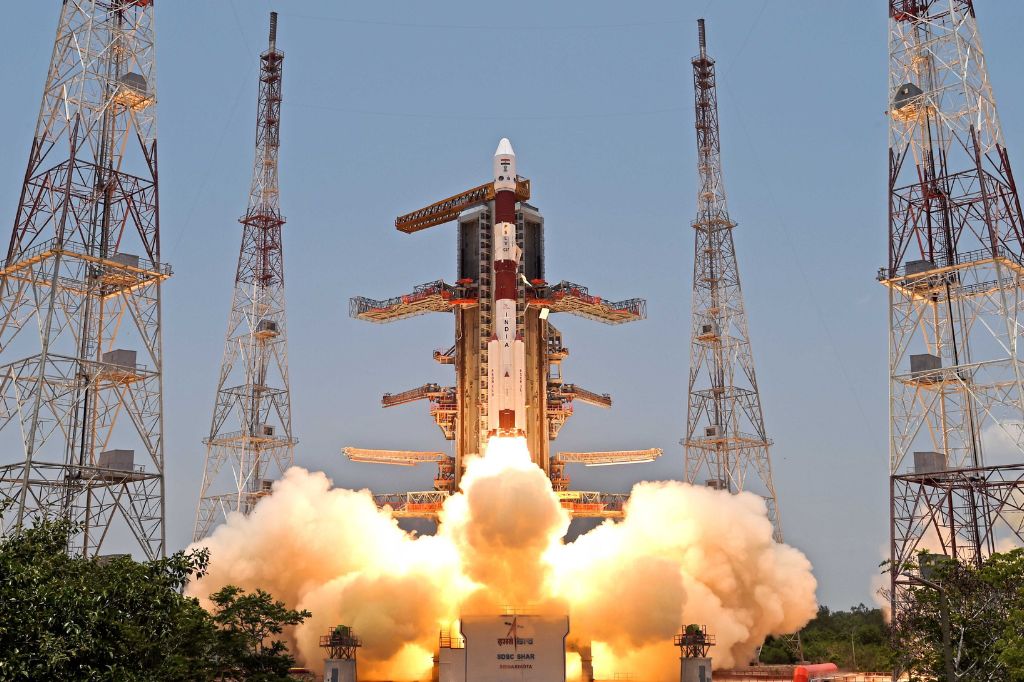In a monumental achievement that has captured the imagination of the world, India’s space agency, ISRO, successfully launched its first-ever mission to study the Sun—Aditya-L1. This groundbreaking mission not only marks a significant milestone for India but also promises to offer valuable insights into solar activities and their impact on Earth’s climate.
Key Highlights:
- Successful Launch: Aditya-L1 was launched from the Satish Dhawan Space Centre in Sriharikota.
- Global Impact: The mission aims to contribute to the global scientific community’s understanding of the Sun.
- Technological Marvel: The spacecraft carries seven scientific instruments and will operate with minimal fuel.
- Political Backing: Prime Minister Narendra Modi and other political figures have expressed their congratulations, emphasizing the mission’s importance for national pride.

A Milestone for India and the World
The mission lifted off from Sriharikota, marking a new chapter in India’s space exploration journey. The spacecraft will travel 15 million km from Earth to reach a specific point between the Sun and Earth, known as the Lagrange Point L1. Once it reaches this point, it will require very little fuel to operate, making it a marvel of modern engineering.
Technological Innovations
Aditya-L1 is not just another space mission; it’s a technological wonder. The spacecraft carries seven scientific instruments designed to study various aspects of the Sun, including solar activity and its effects on Earth and space weather. These instruments will help scientists understand phenomena like solar winds, solar flares, and their impact on Earth’s climate.
The Global Perspective
While the mission is a significant achievement for India, its implications are global. The data collected by Aditya-L1 will be invaluable for the scientific community worldwide. Understanding solar activities can help us prepare for space weather events that can affect satellite operations and even terrestrial power grids.
Political Endorsement and National Pride
The mission has received strong political backing, with Prime Minister Narendra Modi congratulating ISRO scientists for their tireless efforts. Such political support not only boosts the morale of the scientific community but also elevates the mission’s status as a symbol of national pride.
Future Implications
The success of Aditya-L1 sets the stage for future space missions and technological advancements. It also opens up new avenues for international collaborations in space research, solidifying India’s position as a key player in the global space community.
The Aditya-L1 mission is a testament to India’s growing capabilities in space exploration and technological innovation. As we await the valuable data that this mission will provide, one thing is clear: Aditya-L1 is not just a mission; it’s a giant leap for mankind.
















